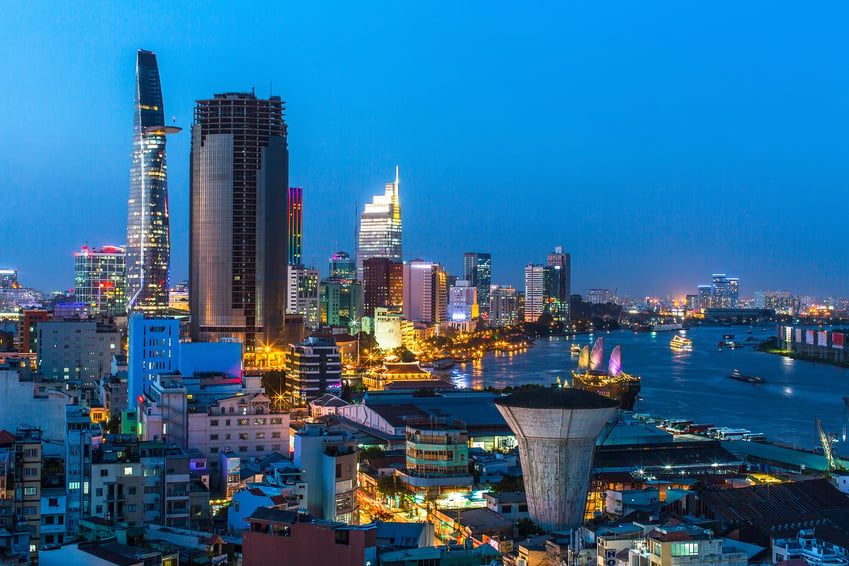In brief
Vietnam is releasing a brand-new draft decree (“Draft Decree“) superseding Decree No. 72/2013/ND-CP (as amended) on the management, provision and use of internet services and online information (“Decree 72“).
In depth
By way of background, Decree 72 is the key Vietnamese legislation regulating internet services and online information, including but not limited to online gaming services, social network services, and the provision of ‘public information’ on a cross-border basis that broadly captures any services and/or applications that may be made available to Vietnamese users.
The project of amending Decree 72, led by the Ministry of Information and Communications (MIC), has been in the pipeline since 2021.
The MIC initially proposed a draft decree amending Decree 72, but due to the number of provisions subject to change, the MIC decided to prepare the Draft Decree to completely supersede Decree 72. The Draft Decree now is around 230 pages long, including the embedded prescribed forms.
On 17 July 2023, a new version of the Draft Decree was issued for public consultation. The MIC will collect public opinion and comments on the Draft Decree until 15 September 2023 (60 days from the publication of the Draft Decree per the law).
Here is a list of key issues under the Draft Decree:
- Regulated Cross-border Services: New obligations on those who provide public information on a cross-border basis and (a) lease space in data centers or (b) receive total monthly visits from Vietnam of 100,000 or more for six consecutive months (“Regulated Cross-border Services“) include the following:
- To inspect, monitor and remove information, services and applications that violate Article 8.1 of the Law on Cybersecurity and Article 5.1 of Decree 72. This could mean that companies such as social networks and app store providers must proactively monitor user-generated content on their platforms and remove information, services and applications that violate local law.
- To localize Vietnamese users’ data (including name, DOB, email and mobile phone number) in Vietnam
- To verify the account registration against the user’s mobile number
- To only allow persons above 16 years of age to register for an account
For persons under 16 years of age, the account must be registered with the information of the parent/legal guardian
- To provide tools for searching and scanning content upon the request of the MIC
- App stores: New obligations for Regulated Cross-border Services such as app stores include the following:
- To only allow those that have obtained relevant licenses, certifications or registrations as required under the law to publish applications on the store
- To comply with payment regulations under Vietnamese laws
- To remove illegal applications from the apps store within 24 hours upon the request of the MIC
- Online games: Cross-border provision of online games is still prohibited.
- Similar to the current Decree 72, the Draft Decree requires that offshore entities providing online games services must set up a local entity in Vietnam to provide the services in accordance with the Draft Decree (including the obligation to obtain relevant licenses and permits).
The clock is ticking, and relevant businesses and stakeholders have only a narrow window to provide comments on the Draft Decree.







